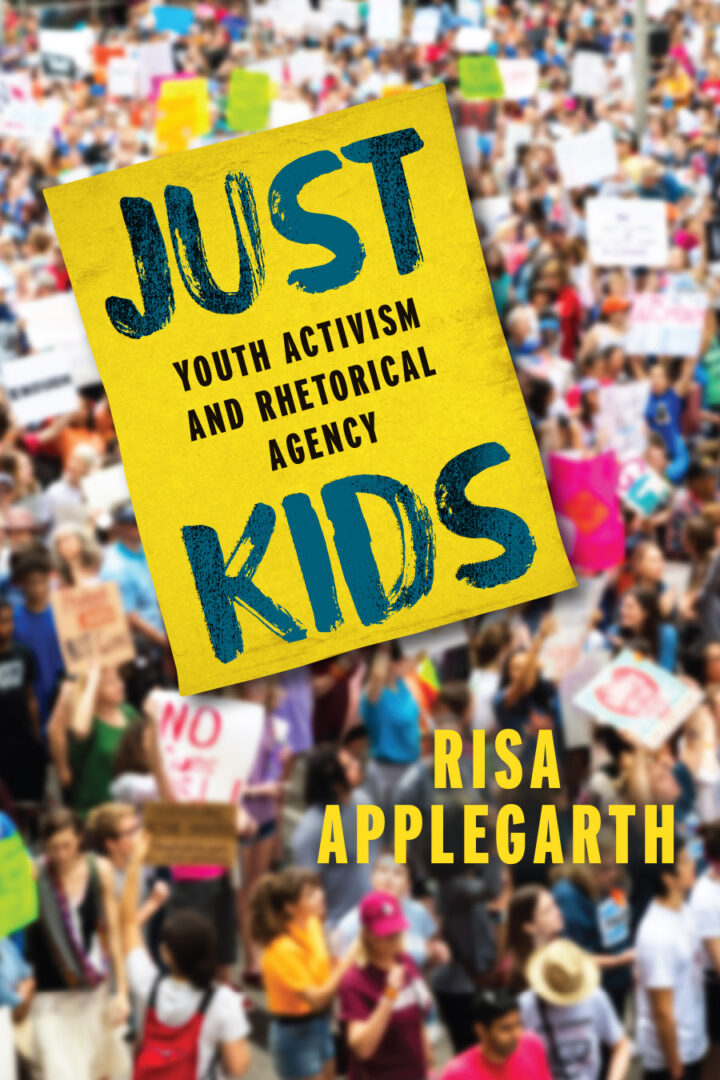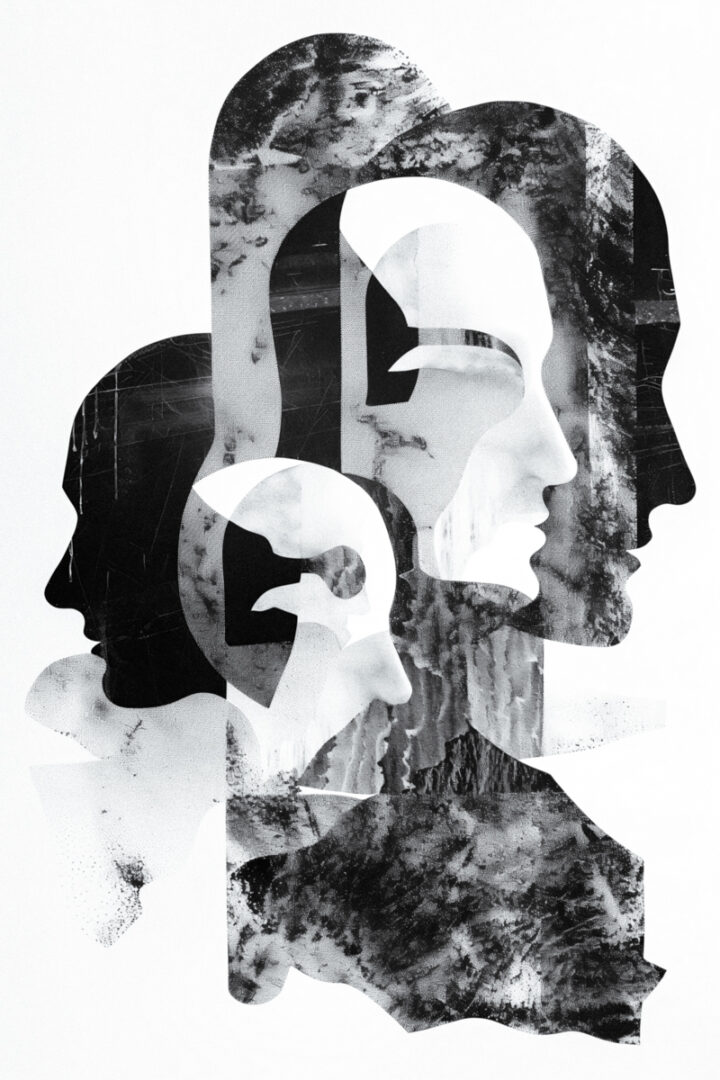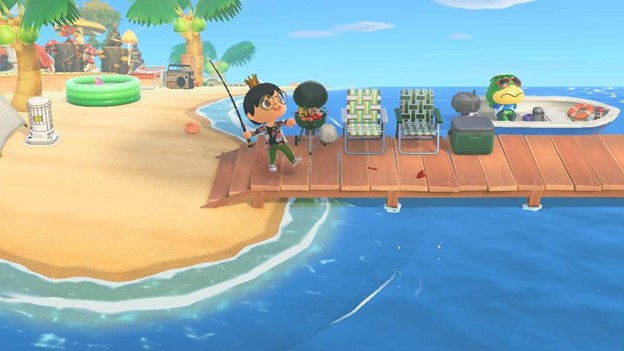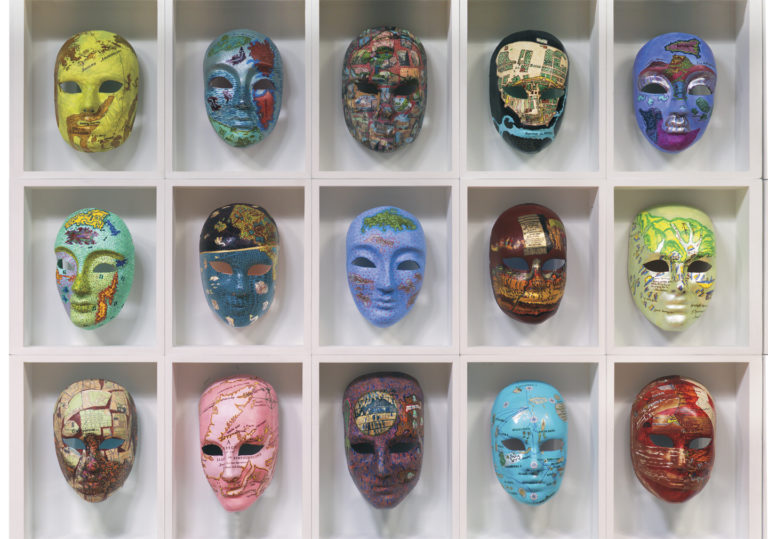Risa Applegarth’s Just Kids: Youth Activism and Rhetorical Agency is a three-part analysis of adolescent activism over the last thirty years. The analysis centers on their activist rhetorical agency so as to reframe youth efforts as not just emblematic of the movements they represent, but as symbols of embodied power in their own right. Each of the three parts is developed around a specific case study set in the United States. Reflexive interviews complement the research and enable participant consideration of subsidiary concepts such as temporality, memory, and materialism.
Keyword: youth
Young People’s Self-Making in Neoliberal Capitalism: Challenges and Opportunities
This paper charts the development of young people’s self-making in neoliberal capitalism, specifying relationships between their self-making and susceptibility to mental health difficulties as they make their way in neoliberal market society. While neoliberal capitalism provides young people with opportunities to pursue and experiment with diverse identities and ways of being in the world, it also structures their self-making opportunities, by which charting selfhood becomes fertile ground for internalizing mental health problems. Our paper argues that the cultural imperative on young people to attain social status and success in the competitive and achievement-oriented forms of life that inhabit neoliberal capitalism demands that they curate and commodify highly desirable forms of selfhood that can never quite be realized. Endlessly failing to satisfy the conditions of selfhood in neoliberal capitalism, exhausted by the injunction to be more than they have already achieved, young people are socialized into increasingly complex and pressurized neoliberal capitalist cultures which challenge their ability to fulfill both their extrinsic desires for status and identity enhancement and their intrinsic needs for relatedness, belongingness, and self-worth. To conclude our paper, we summarize our main arguments and make some recommendations for promoting a more beneficial relationship between young people and the culture of neoliberal capitalism.
Surviving and Thriving: Queer Crip Pilipinx Kapwa Dream Worlds in Animal Crossing New Horizons
As a queer, crip, genderfluid, and diasporic Pilipinx scholar-activist-educator, my ancestors, communities, and I live at the intersections of multiple sites of oppression and resistance. As someone who is sick, disabled, and neurodivergent, I experienced anxiety, depression, and chronic bodymind pain before the pandemic and even more during the pandemic. Nintendo Switch’s Animal Crossing New Horizons (ACNH) video game kept me afloat during uncertain times. ACNH opened up a whole new alternative universe for me to live in. I meditated more when escaping to my scenic and calming virtual island. I relaxed more when fishing, catching butterflies, and hearing the tranquil ocean waves crash within the game. Building my dream world within my ACNH virtual game contributed to me surviving and fostering deeper friendships with fellow sick, disabled, neurodivergent, queer, transgender, Black, Indigenous, and/or people of color (BIPOC) friends. ACNH became a safe way for us to socialize and it continues to be a source of joy for many of us. I highlight how my experiences with ACNH allowed me to cultivate queer, crip, and decolonial Pilipinx Kapwa dream worlds where all beings including people, animals, land, water, and air thrive together.
Mixing and Mingling Queerly: The Activist Sociality of Mentoring in the Personal Narratives of Coloma and Lorde
Edward Chamberlain takes on the pressing need for mentorship for queer youth, in particular queer youth of color. Addressing a dearth in both studies on and commitment to the wellness and flourishing of queer youth of color in institutions of higher learning, Chamberlain turns to what is in some respects both a traditional and nontraditional archive of resources: personal narrative writing by queer people of color. Taking up both Audre Lorde’s Zami: A New Spelling of My Name and Roland Sintos Coloma’s “Fragmented Entries, Multiple Selves,” Chamberlain argues that the structural hybridity of these narratives serves as a formal model for a queer mentoring methodology, and delves into the texts themselves for examples of how to mentor queer youth of color in and beyond the academy.
Whistlin’ Dixie
Whistlin’ Dixie seeks out folks at the forefront of the Southern queer music scene — living examples that queer community can thrive in these previously written off country roads and postindustrial cities. This documentary showcases these communities and examines their influences, challenges and motivations while putting a face on what it means to be queer, young and Southern.
We Are Many Youth, But With One Struggle!
A worldwide economic crisis exploded in 2008 that has been deeply consequential. This crisis can be only compared to the 1929 crisis. Powerfully striking at the core of the system, first it shook the United States and now it is developing more intensely in Europe. However, the effects of the crisis can be seen all over the world.



